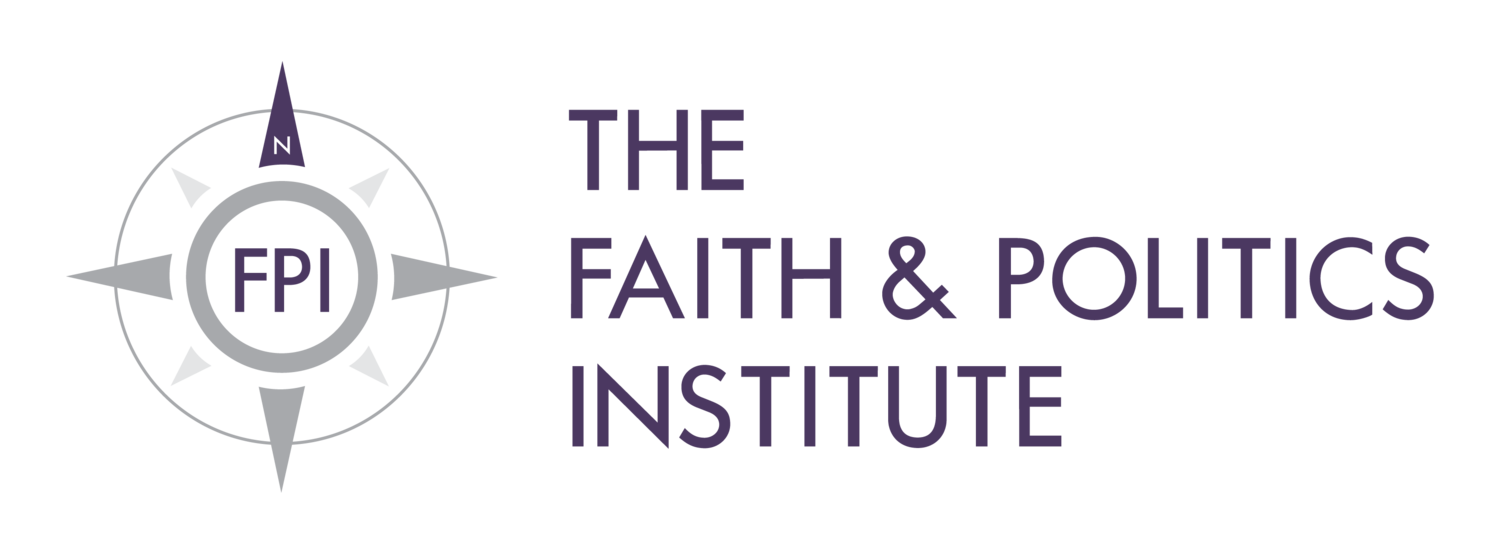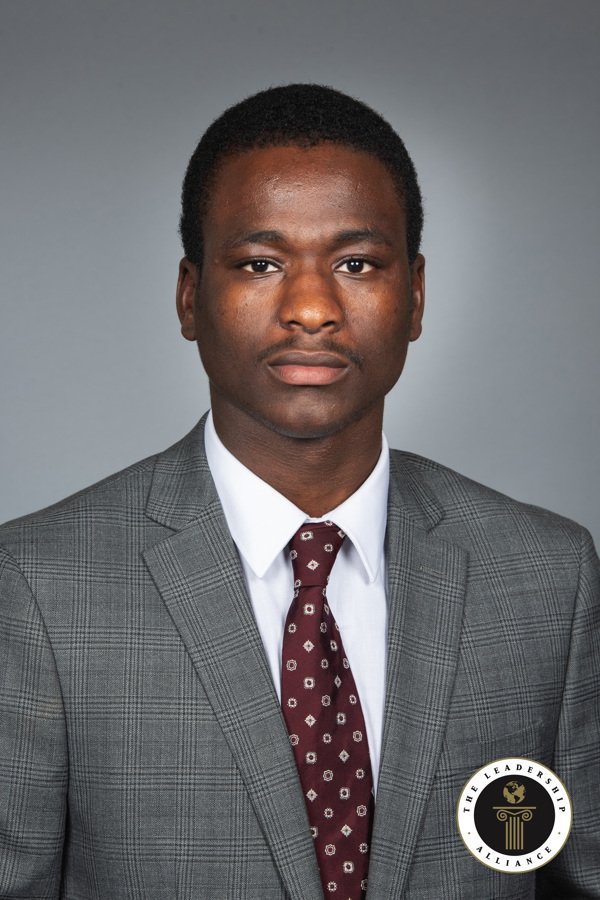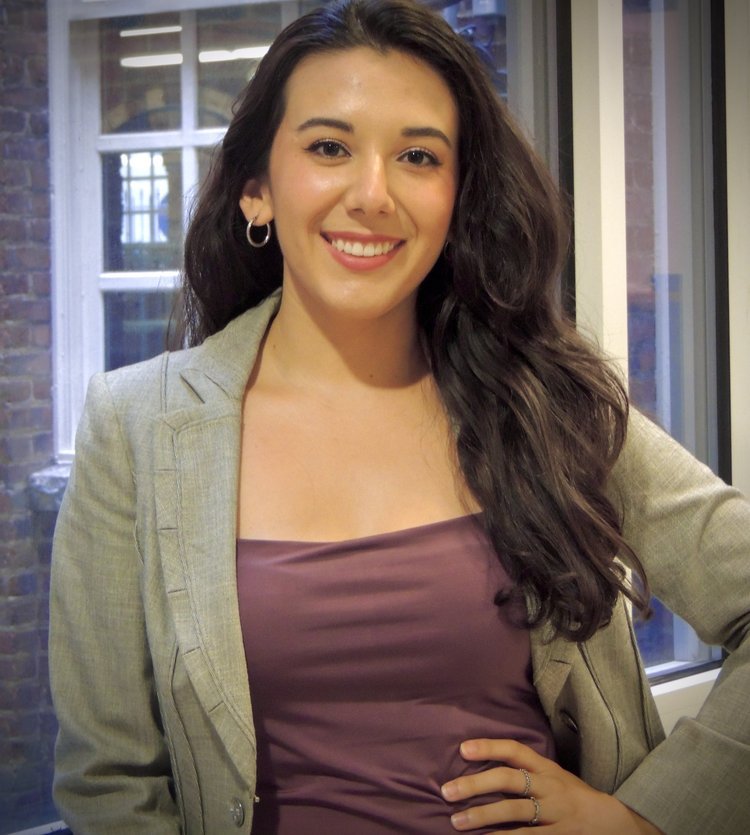An Oral History Project Conducted by John Robert Lewis Leader Donovan Bonner
Project Description
When I mention that I live in Portland, I'm often met with the question, "Do Black people really live there?" The demographics of Portland and greater Oregon often raise curiosity about the scarcity of Black residents. To comprehend this issue today, it's essential to delve into Oregon's history. This Oral History Project consists of a series of interviews aimed at illuminating the context behind exclusionary laws and discriminatory practices that have deeply shaped Oregon's history. Ultimately, it seeks to answer the question: Why are there so few Black people in Oregon?
Oral History Interview with Dr. Darrell Millner - 06/26/2024
Dr. Darrell Millner is a distinguished scholar, mentor, teacher, and lifelong learner. He served as Department Chair of Black Studies at Portland State University from 1984 to 1995 and currently holds the title of Professor Emeritus while continuing to teach as an adjunct faculty member. Dr. Millner's expertise extends to numerous local, regional, and national boards and organizations.
He is a renowned expert in African American history within the western movement, focusing specifically on the Oregon and California trail experiences, early Black history in Oregon and California, and the role of Black Buffalo soldiers in the Indian wars. Additionally, Dr. Millner is an authority on Black cinema history, particularly in the development and persistence of negative racial stereotypes.
Oral History Interview with Wilson Smith - 06/27/2024
A Portland native and Nike's first Black designer, Wilson Smith understands that Oregon's Black population has historically been small, but this never deterred him. Smith joined Nike's product design team in the 1980s, rising to senior designer for Nike Tennis footwear by 1990, and later assuming the role of senior designer for the Jordan Brand. Over his 34+ years at Nike, Smith's portfolio spans diverse realms of the design profession—retail, graphics, architecture, footwear, experience, and apparel. He has created and developed products for iconic athletes in Nike's history, including Michael Jordan, Serena Williams, Andre Agassi, and Roger Federer.
Beyond his professional achievements, Smith is distinguished by his deep commitment to coaching, teaching, and community service. He is a dedicated advocate for Portland's Black community, driven by a belief that its future success should not be constrained by its past.
Presentation Slides







Presentation Recording


































































































































